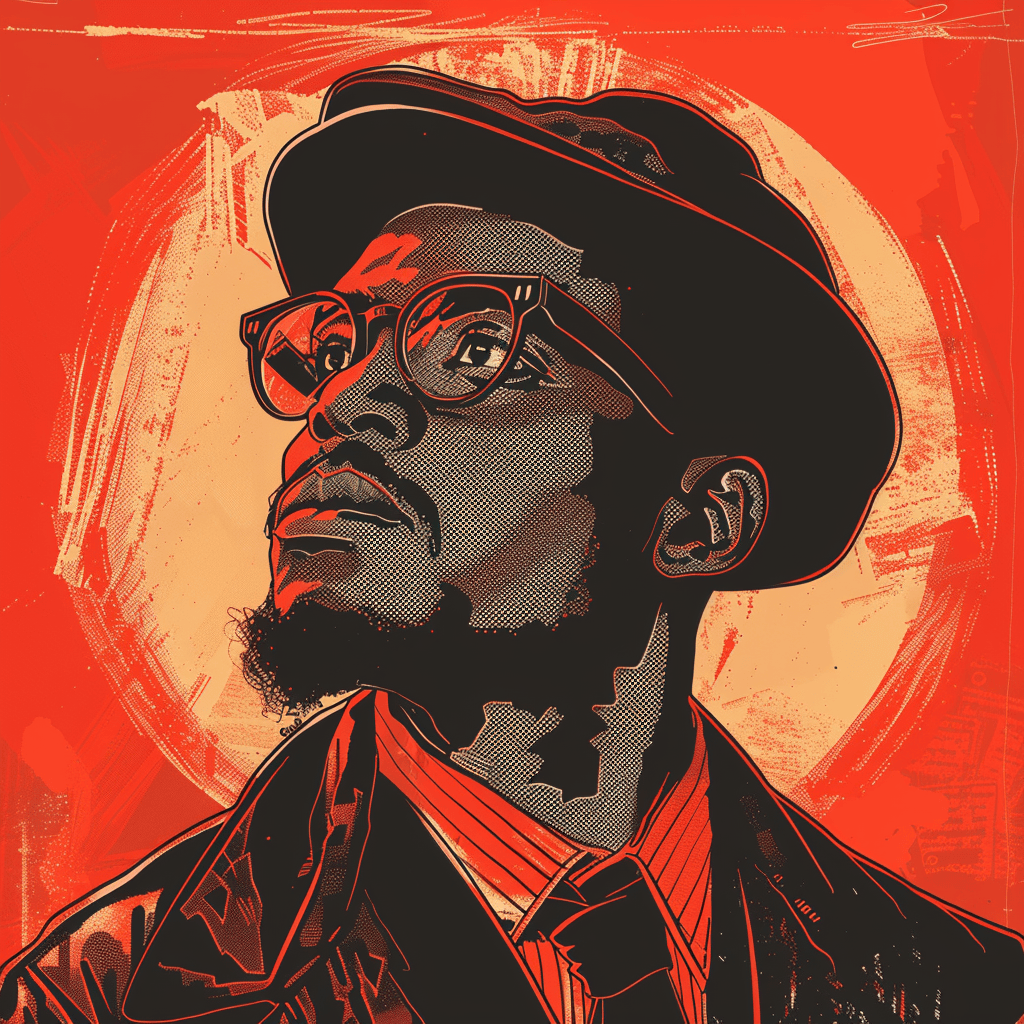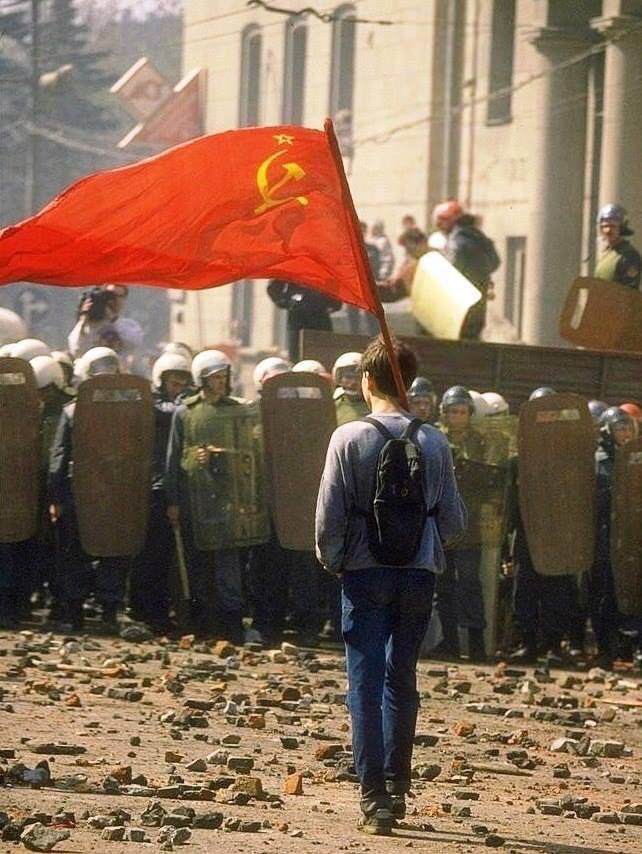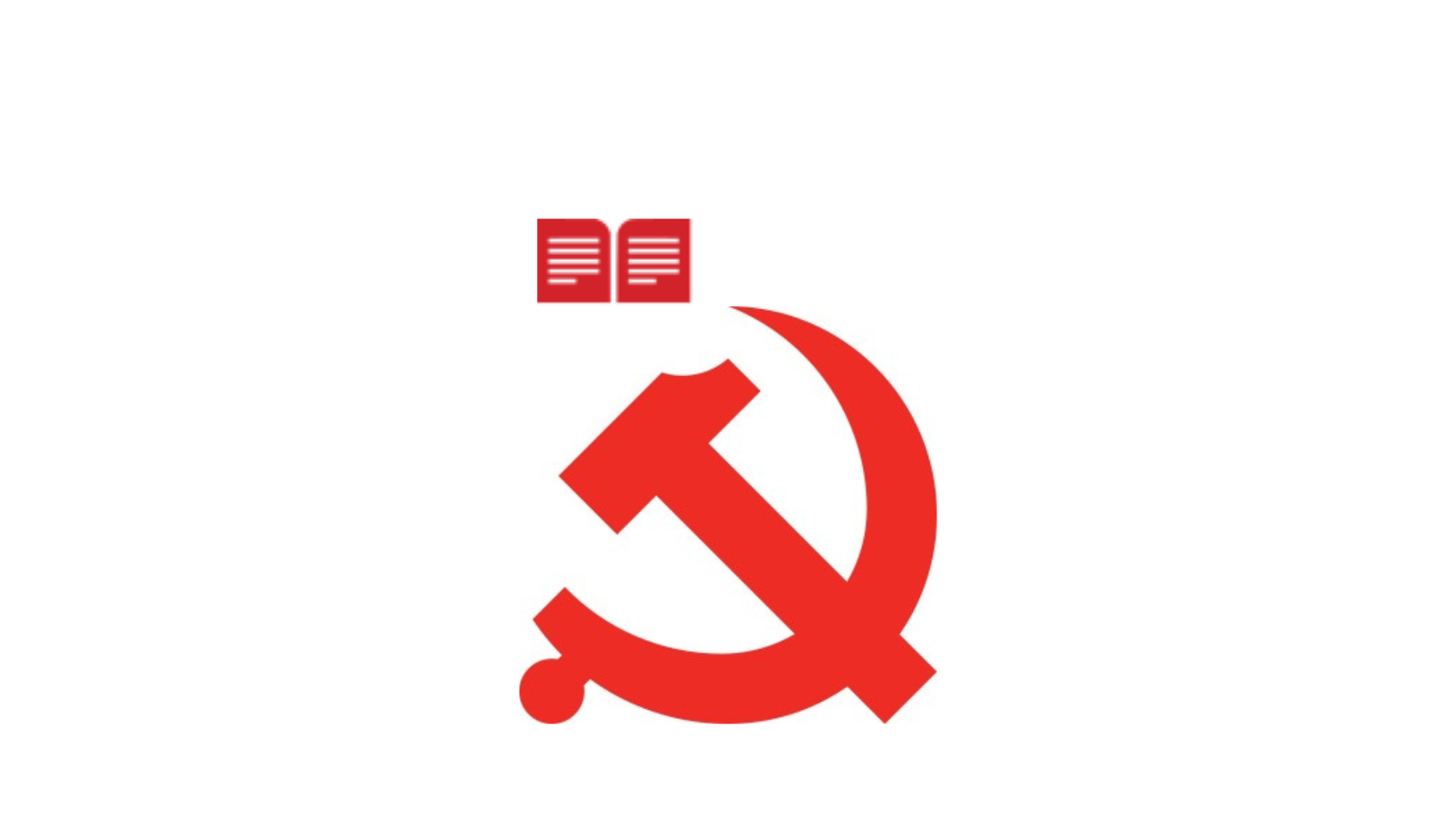It's funny how liberal feminists still refuse to celebrate Alexandra Kollontai who was not only a prominent Bolshevik, revolutionary, and Marxist theorist, but also:
-
The first woman to be a cabinet minister
-
The first woman to be an ambassador
-
The founder of the first goverment body specifically dedicated to women's liberation, Zhenotdel
Oh wait, I remember why liberal feminists don't celebrate her: https://www.marxists.org/archive/kollonta/1909/social-basis.htm
It's the same reason they forgot why they celebrate the Women's day on the 8th of March. :)
-
Marxists always were against reactionary positions. One of the oldest was of course the liberation of women. "The woman and socialism" by August Bebel is an absolute perfect read for this and often enough the origin of clichés about women and men are explained there and else the background for this.
Also looking a the young soviet state, were being gay was not criminalised. There were so many debates at this time about sexuality. And following the marxists theory till this day, it is fully supportive regarding rights for LGBTQ.
You can't be a communists if you don't support or ignore the problems of LGBTQ people and other struggling people. This is simply self evident and if someone doesn't think so, then there is a big lack of theory.
But fighting for the rights of women and LGTBQ without a socialist perspective won't bring any liberation. The Bourgeoisie will always attack those rights and demands and a non-binary person bombing Syria in a F16 will be presented as a step forward acceptance of LGBTQ.
Also looking a the young soviet state, were being gay was not criminalised.
I have heard it said that this was basically a fluke, seeing as the Soviet struck off all the Tsarist laws before enacting their own legal code. Decriminalising being gay was basically something that slipped through the cracks, which is why it was eventually re-criminalised.
(To be clear I still stan the USSR, just something worth pointing out. I don’t think this particular development represents a theory of queer liberation amongst the bolsheviks or such. They certainly weren’t writing about such things.)
The criminalizsation was put to an and in the year 1922. Re-criminalised again in the year 1934. If it was fluke then it wouldn't take 12 years to criminalise it again.
At this time there were important figures like Maxim Gorki, which were homophobic and agitated against homosexuality. It was self evident for a Marxist, at the time of the revolution and before, that the state doesn't have to control sexuality. Also it was clear which role sexuality had looking at the liberation of women.
Gay and Lesbian people hadn't it easy in the 20s, because the environment still was not friendly (years of tsarism and religion had its influence). But there were no justification to criminalise homosexuality, because the law was absolutely influenced by Marxism and therefore the law could not criminalise something that aligned with it.
As I said, it changed later in the 30s. Gorki himself wrote stuff like that homosexuality goes against socialism and and an.
But one thing is not true (something you can read also here quite often), that homosexuality was criminalised again because such views were "normal" at this time and everybody did it. Look how abortion and divorce was widely accessable, but it drastically changed in the same time when homosexuality was criminalised. Abortion was drastically restricted and also getting divorced was not that easy then before (Look at the laws in the year 1944). There was a clear trend for all this sadly.
It wasn't a fluke. The USSR didn't decriminalize everything though, and didn't abolish all of the tsarist-era laws.
Doing some brief digging, you’re right, it wasn’t just an oversight. Which actually makes it much worse that it was re-criminalised as it wasn’t just a matter of re-affirming established legal code, but an actual regression in social policy.
Gay liberation wasn't at the forefront of Bolshevik political discussions but there's a bit more to it. Gay people existed, and both decriminalisation and subsequent recriminalisation had significant effect on their lives, which some of them were pretty vocal about.
The articles below are not from ML perspective but still worth a read:
https://www.bbc.co.uk/news/world-europe-41737330
https://marxist.com/letter-to-stalin-can-a-homosexual-be-in-the-communist-party.htm
https://www.opendemocracy.net/en/odr/interview-with-ira-roldugina/
“Identity” has been claimed by liberalism and is often used to directly attack communist positions (e.g. weaponised anti-semitism against anti-zionists).
That doesn’t mean that groups of common identities have (generally speaking) different class positions or differing oppressed/oppressor relations that can be recognised and useful in analysis. Grouping people based on their position within capitalist social relations is sort of the entire foundation of Marxism. “Palestinian” is an identity, but it’s also a concrete position held by certain people within the social relations of a settler-colonial state. This is where we brush up against the whole “race is a social construct”, which could also be stated as “race is a social relation”.
Where “idpol” gets weaponised by liberals (even the far right have started doing this to an extent) is ticking different boxes, and then using those characteristics as a cudgel to beat people in opposition over the head with, or to imply some innate expertise based on often bullshit self-professed subjectivity (“lived experience”). For example Kopmala is a woman, south asian, black, therefore will automatically be a good president for black people and women, because she is both black and a prosecutor she embodies the synthesis of liberals pretending to care about BLM but also wanting to twerk for thin blue line types, etc.
A distraction. You must sacrifice your personal identity for the collective. We Will All Be One.
Identity politics is itself a category of politics invented by reactionaries to insult their opponents. Somehow, it is identity politics for women to fight for equality, but not identity politics for people to fight wars in the name of their nation.
There are also vulgar Marxists who also buy into the notion that some fights are wrong to fight, because "no war but the class war" or "muh materialism" or whatever excuse they want to come up with.
Rest assured, these men (and they are typically men) are fools who are living the "basic biology when advanced biology walks in" meme when it comes to Marxism. Would we call it "class reductionism when dialectics walks in"? I don't know.
What it all boils down to, is that for some people, most contradictions of human society (gendered contradictions, racial contradictions, etc) do not exist or are invalid. These get labeled as identity politics.
We on the other hand should not shy away from these contradictions and details. We should not dismiss emergent phenomena (secondary contradictions) because we have become hyperfocused in the underlying physical mechanisms (the primary contradiction of capitalism). And we most certainly should always maintain solidarity with the opprossed masses of the world.
I don't think we'll get to communism without acknowledging the personal characteristics of identity politics. The task for revolutionaries is to consider these characteristics through the lens of dialectical and historical materialism and placed within their political economic relations.
Take race. Race is class. Race is the mechanism for divisions of labour along global colour lines. As Fanon argued, we have to 'stretch Marxism' so that our class analysis fully accounts for race.
Take gender. Gender is class. Gender is the mechanism for divisions of labour with regard to reproduction. As Federici demonstrated, so called 'primitive accumulation' never stopped; it continued, in particular against women labelled witches. Along Fanon's lines, we need to stretch our Marxist concepts to fully account for gender.
These examples are incomplete. And I don't mean to say that every characteristic is 'class' or that race and gender are only class. The examples show, however, that what gets separated under liberal identity politics is, in fact, interconnected.
Without idpol and intersectionality you get distortions like the core's equation of 'working class' with 'blue-collar white working class men', with no antiracism and no internationalism.
The problem with liberal idpol is that trying to attend to one characteristic at a time isn't going to lead anywhere. Maybe a few gains won here and there. But it can all be taken away once the heat dies down and the protestors go home or grow old.
Slavery can be rebranded as prison labour. Abortion rights can be reversed. Anticolonial movements can be reframed as independence movements and coopted by neocolonialists and compradors. The fight for climate justice can be reduced to recycling. Gender equality becomes more women arms dealers. The list is endless because the working class is restless in it's fight for freedom (even if its members don't always know that's what they're doing) and the ruling class tireless in its reaction.
We either all get free or none of us will be freed. Idpol has it's use to the extent that it points the way to a more rigorous revolutionary praxis. At that point it's up to Marxists to theorise and act upon.
It seems like we have this question every week. Someone should collate all the answers, put them in a document and link it in the sidebar.
I feel like the word means so many different things now idk what to feel. Conservatives/exclusionary racists use it to mean queer people existing or black people in white spaces and liberals/assmiliationist racists use it to say black people know what's best for black people as long as they capitulate to US hegemony. Obv the right answer is black people acting in their true collective interest and not for the white supremacist US hegemony know what's best for black people and I feel like this could work as a positive definition for identity politics especially to be used against the chauvinists that reject self-determination using Marxist arguments like the Russian chauvinists of the USSR or the American patriotic socialist position of today. Honestly though we should probably just throw it all out and start using new words at this point because communicating with a word there are so many interpretations of is unnecessarily difficult.






